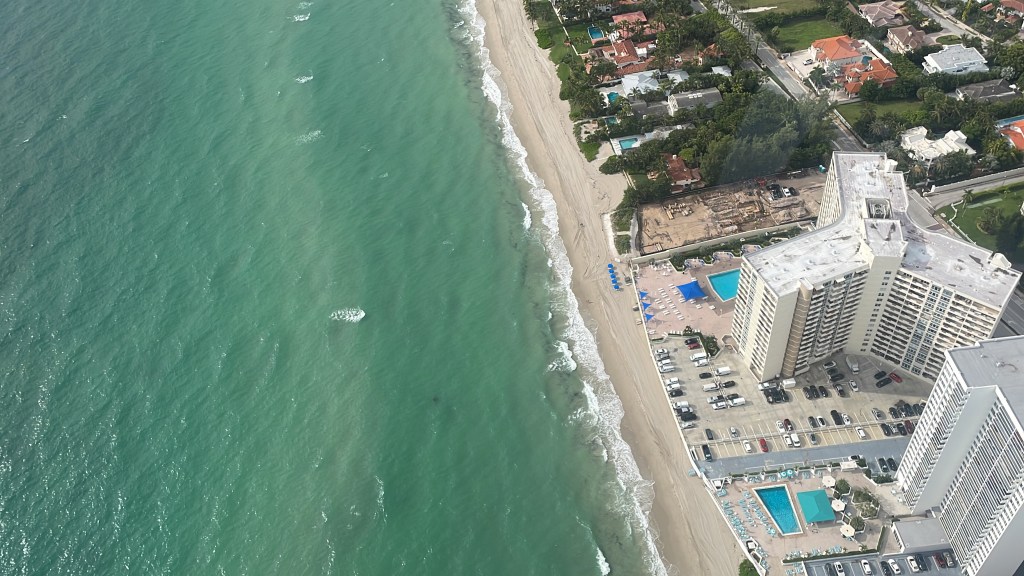Decline in Florida Condo Purchases: Investors Retreat Amid Rising Costs
Recent data reveals a significant downturn in condo purchases by investors, the lowest level recorded in a decade. This trend is primarily attributed to escalating costs in Florida, prompting a shift towards single-family homes.
Key Findings from Redfin’s Study
A study conducted by Redfin, a leading real estate brokerage firm, analyzed home purchase records across 39 major U.S. metropolitan areas since 2000. Here are some crucial insights:
-
Investor Activity: Investors purchased approximately 8,500 condos in the first quarter of this year, marking a 3% decline from the previous year—the lowest figure since the second quarter of 2020, which was impacted by the pandemic’s onset.
-
Costs on the Rise: The increase in association fees and insurance costs, fueled by the frequency of climate-related disasters, has made condo investments less appealing.
- Florida’s Vulnerability: Many condos in Florida are located directly on the ocean, making them especially susceptible to climate change impacts.
A Preference for Single-Family Homes
Safety and Stability
According to Greg Eisinger, a partner at Eisinger Law, the current climate has dissuaded many investors from targeting condos:
"If I was an investor, I probably would look for single-family housing over condominiums. That’s the safer bet for investors these days."
Hurricane Concerns
Growing concerns over Florida’s hurricane frequency further exacerbate investor hesitancy towards condos.
Rising Interest Rates
John Cadden, managing principal at the Condominium Advisory Group, highlighted that interest rates for condos have doubled in recent years, significantly impacting buyer interest:
"When interest rates started going up, that had more effect than the pandemic itself."
New Safety Regulations and Their Financial Impact
The tragic Champlain Towers South condo collapse in Surfside in 2021, which resulted in 98 fatalities, catalyzed new safety regulations. These regulations mandate:
- Increased inspection requirements for aging buildings.
- A reserve fund for maintenance and repairs as enforced by new Florida legislation.
Financial Burdens on Condo Associations
While aimed at enhancing safety, these requirements have led to higher costs for condo associations, compelling them to:
- Increase association fees.
- Manage tighter budgets amidst rising costs.
According to Eisinger:
"Most associations try to keep dues current while not increasing their expenses. But now everything has come to a head, and they have no choice."
Legislative Changes
In April, the Florida Legislature passed a bill to grant associations more time and flexibility to meet funding requirements for their reserves—a move that Governor Ron DeSantis is anticipated to approve.
A Shifting Market Landscape
The decline in condo purchases might present advantages for buyers, resulting in reduced competition. However, this shift remains nuanced:
- Florida’s Growth: Despite challenges, Florida continues to attract new residents and maintain a growing market.
Cadden emphasized:
"Florida bounces back… It’s still a place for people to move to."
Conclusion
The current drop in investor interest in Florida condos reflects broader economic trends and concerns regarding climate change. As safety regulations tighten and costs rise, investors are increasingly turning to single-family homes as a more stable option.
For more comprehensive insights into the real estate market trends, explore Redfin’s detailed report and stay informed about legislative changes in Florida’s housing regulations.
Additional Resources:
This rewritten article is optimized for search engines with a focus on essential keywords, structured headings, and strategically placed external links to enhance reader engagement and SEO performance.


